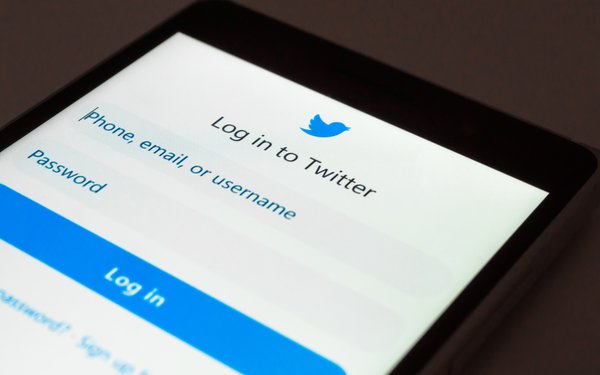
Twitter is urging a federal judge in Seattle
to dismiss a class-action complaint accusing the company of drawing on users' phone numbers for ad targeting.
The lawsuit, brought in September by Washington state resident Darlin Gray, claims
Twitter violated a Washington state law regarding the unlawful procurement of telephone numbers.
Twitter argues in papers filed last week that the allegations -- even if proven true -- would
not prove the company violated Washington's law regarding procuring telephone numbers.
"Plaintiff's complaint attempts to fit a square peg into a round hole," the company argues. "While it
contains the atmospherics of a privacy claim, it conspicuously avoids alleging one."
The company adds that the state law about procuring telephone numbers, Section 140, was passed to combat
“pretexting” -- or pretending to be a customer in order to obtain information about that person's phone calls.
advertisement
advertisement
“Plaintiff seeks to contort Section 140 into something that
would be unrecognizable to the Washington legislature,” Twitter argues in papers filed with U.S. District Court Judge Richard Jones. “The clear purpose of that provision, as reflected in
its text and history, was to prevent the private call-history information retained by telecommunications companies from being fraudulently obtained from such companies or, once obtained, sold without
the consent of the relevant customer.”
Twitter goes on to say that Gray is seeking to "weaponize" that law in order to obtain "significant statutory damages -- $5,000 per violation, on
behalf of herself and a putative class of Twitter users resident in Washington."
Gray filed suit nearly one year after Twitter disclosed that it inadvertently used email addresses and phone
numbers of some users to serve them targeted ads. The email addresses and phone numbers were collected for security purposes, but the data was mistakenly fed into Twitter's ad-targeting platforms.
The FTC is separately investigating whether Twitter's use of the data for advertising violated a consent decree that prohibits the company from misrepresenting its privacy policies. Twitter said
recently that it expects to pay up to $250 million to settle the probe.